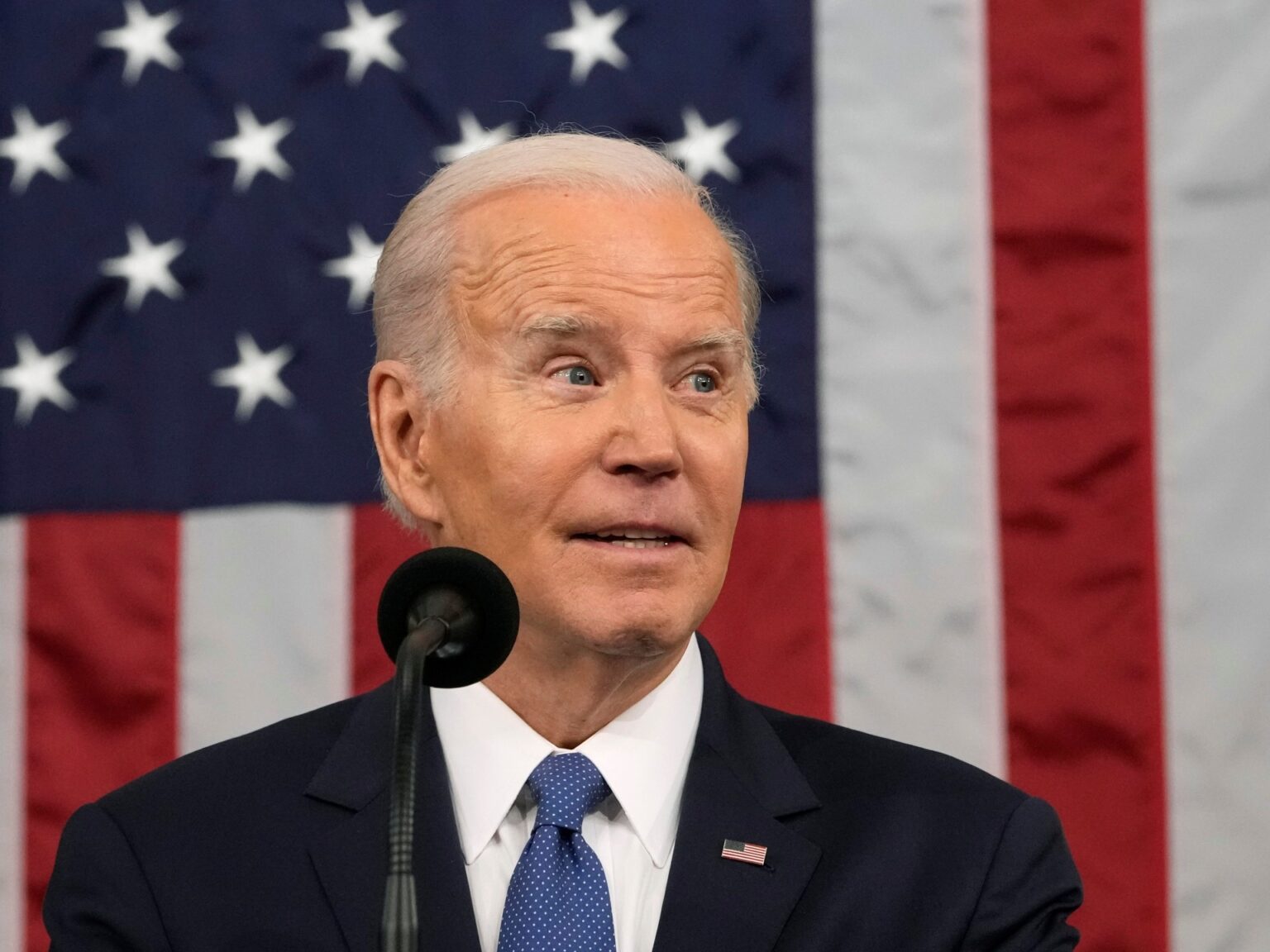Global Courant 2023-05-04 20:08:32
US policy toward the Middle East and wider Muslim world has not changed significantly under Joe Biden, a leading Western scholar on Islam said, despite the US president and his top officials promoting human rights and a message of tolerance. propagated worldwide.
John Esposito said in an interview with Al Jazeera’s new Digital series Center Stage that there is a growing awareness of Islam in the US, with more college students learning about the religion.
But that hasn’t had a significant impact on US foreign policy, said Esposito, a distinguished professor of religion, international affairs and Islamic studies at Georgetown University in the US capital.
“If you look at the policies of the (Biden) government, unfortunately – sad to say, from my point of view – there is no significant difference when it comes to their approach to the Middle East or the Muslim world,” Esposito told Al Jazeera’s Soraya Salam on Wednesdays.
Biden took office in early 2021 after his predecessor, Donald Trump, was accused of using Islamophobic rhetoric and pursuing policies that harm Muslims. In particular, this included a travel ban for citizens of several Muslim-majority countries.
Biden reversed travel restrictions that came to be known as the “Muslim ban” on his first day in the White House.
He has since appointed several Muslims to his government, including Rashad Hussain as an envoy for international religious freedom.
The moves came after Biden, as a 2020 candidate, released a platform for Muslim American communities that pledged to fight bigotry and “discriminatory policies.”
But on foreign policy issues that affect many Muslims worldwide, the Democratic president has largely stuck with Trump’s approach, especially in the Middle East.
Biden has kept the US Embassy in Israel in Jerusalem; he has not reversed Trump’s recognition of Israel’s claimed sovereignty over the Syrian-occupied Golan Heights, and he continues to enforce his predecessor’s “maximum pressure” campaign of sanctions against Iran.
“There is no significant shift,” Esposito stressed.
Words vs deeds
Esposito also noted that former President George W. Bush visited a mosque days after the September 11, 2001 attacks on New York City and Washington, D.C. and “made a very nice statement” about Islam, but then invaded and occupied Iraq.
Despite leading the so-called “war on terror,” in which rampant abuses against Muslims around the world took place, Bush verbally denounced bigotry against Arabs and Muslims early in his administration, emphasizing that the US is not fighting Islam .
After the September 11 attacks, Esposito — who is also the founder and director of Georgetown University’s Alwaleed Center for Muslim-Christian Understanding — had advised then-Senator Biden and other U.S. lawmakers on Islam and the Middle East.
He said Biden was “open” and wanted to deepen his understanding of the issues of the time, but that many lawmakers did not take the Middle East seriously before then.
“Most senators or congressmen had someone on their staff who dealt with the Middle East, so they would just rely on that person to write a report for them,” Esposito told Al Jazeera.
Esposito jokingly credited his decades-long career, much of which has been devoted to promoting understanding of Islam, to the Iranian Revolution of 1979 and its most important figure, former Supreme Leader Ruhollah Khomeini.
He said that while Muslims were not very visible in the US at the time, they were often portrayed in a negative light in the media.
“There was (an) immediate comparison that this is their religion — that’s the TV showing people shouting ‘Death to America’ every day,” Esposito said, referring to footage of protests in the Middle East.
While awareness of Islam as a religion in the US has come a long way since then, Esposito said a significant number of Americans still lack a firm understanding of Islam.
Another problem he outlined is what he called the “globalization of Islamophobia”.
“I think the globalization of Islamophobia has been missed in the sense that Islamophobia has actually grown in Europe – in countries like Austria, the UK, Germany – and is growing in countries where they don’t have many Muslims. ,” he said.




